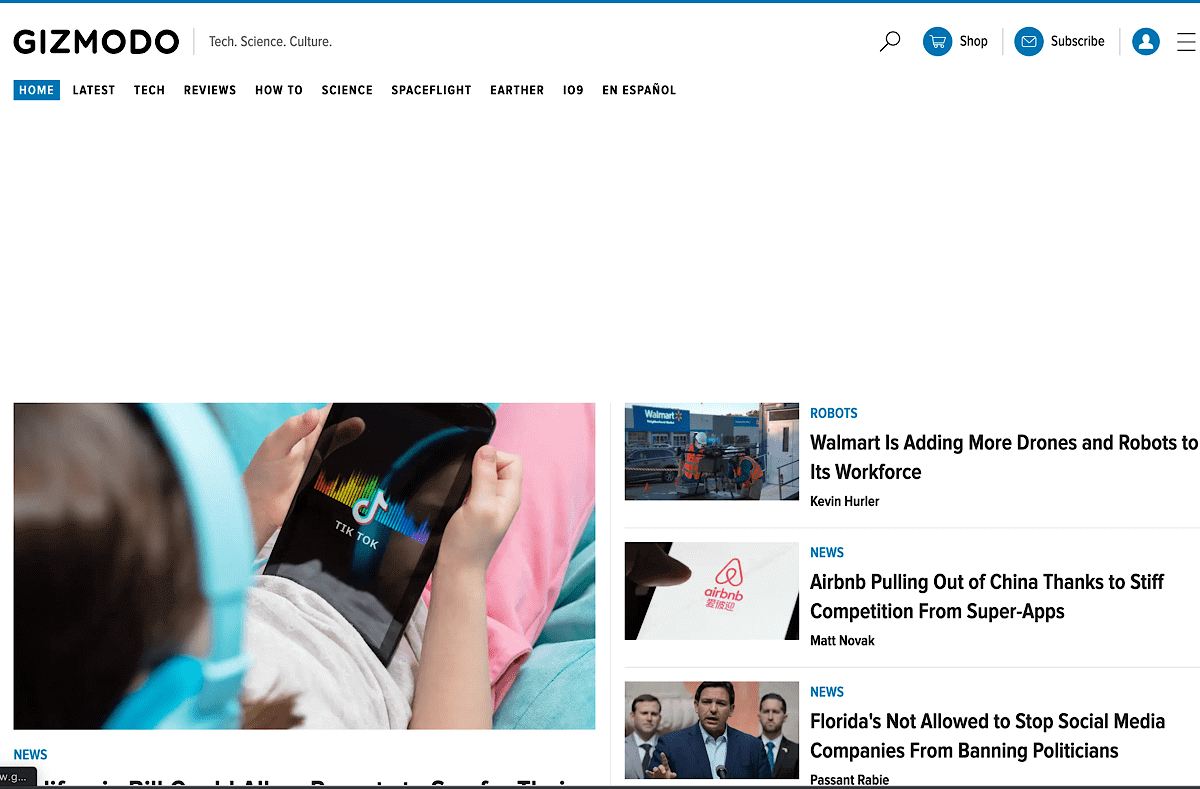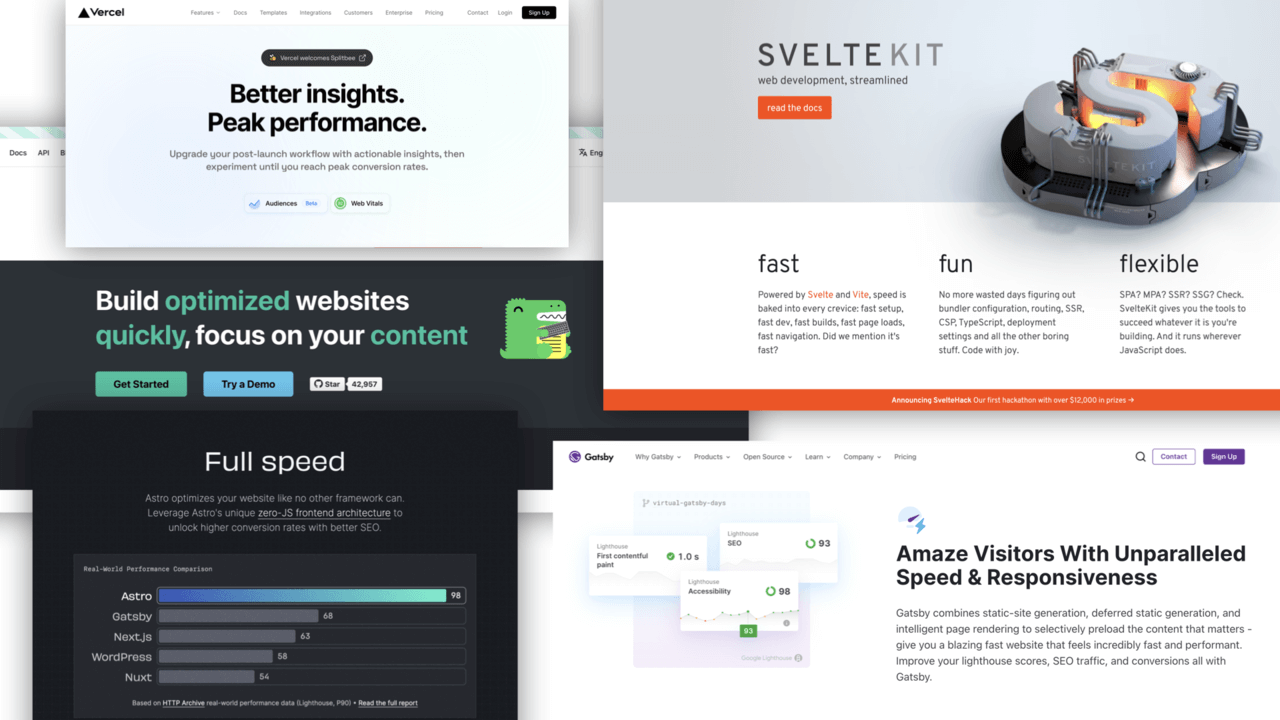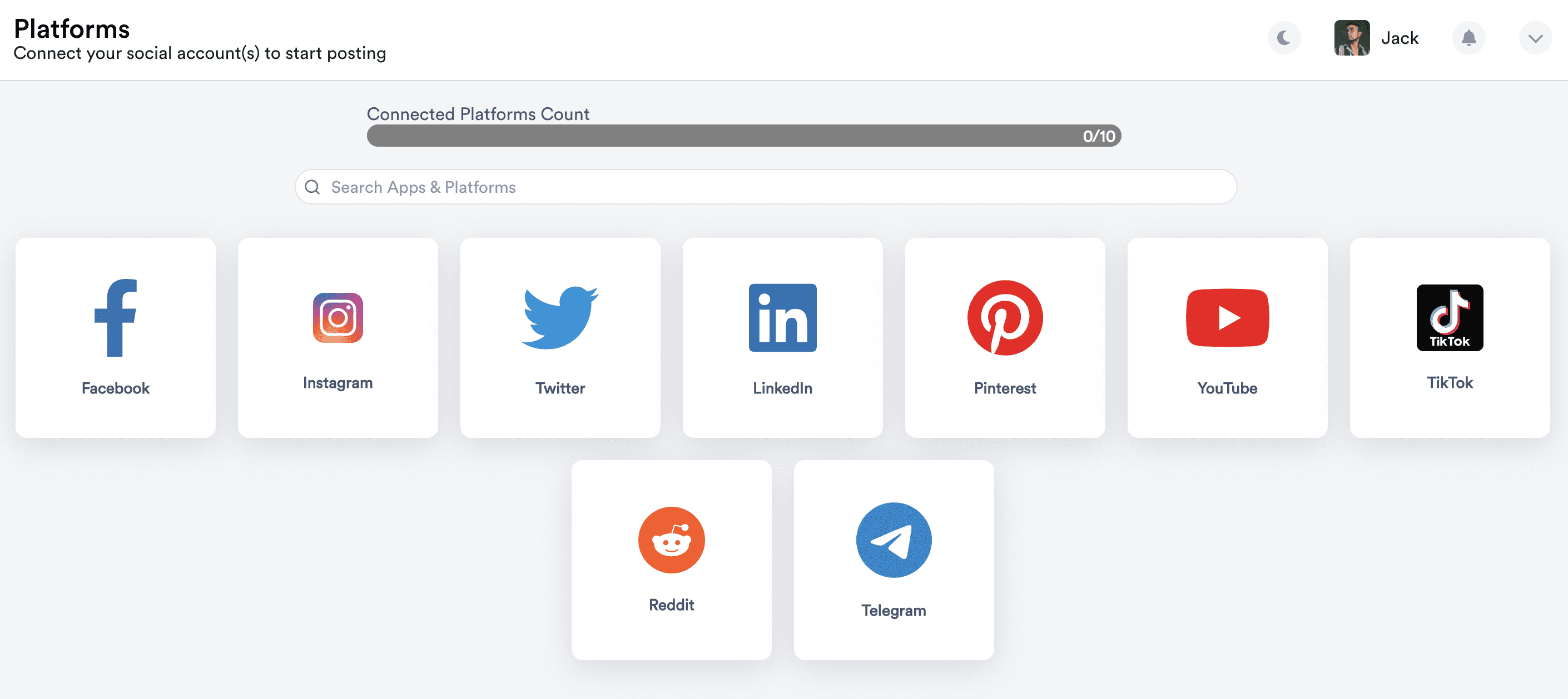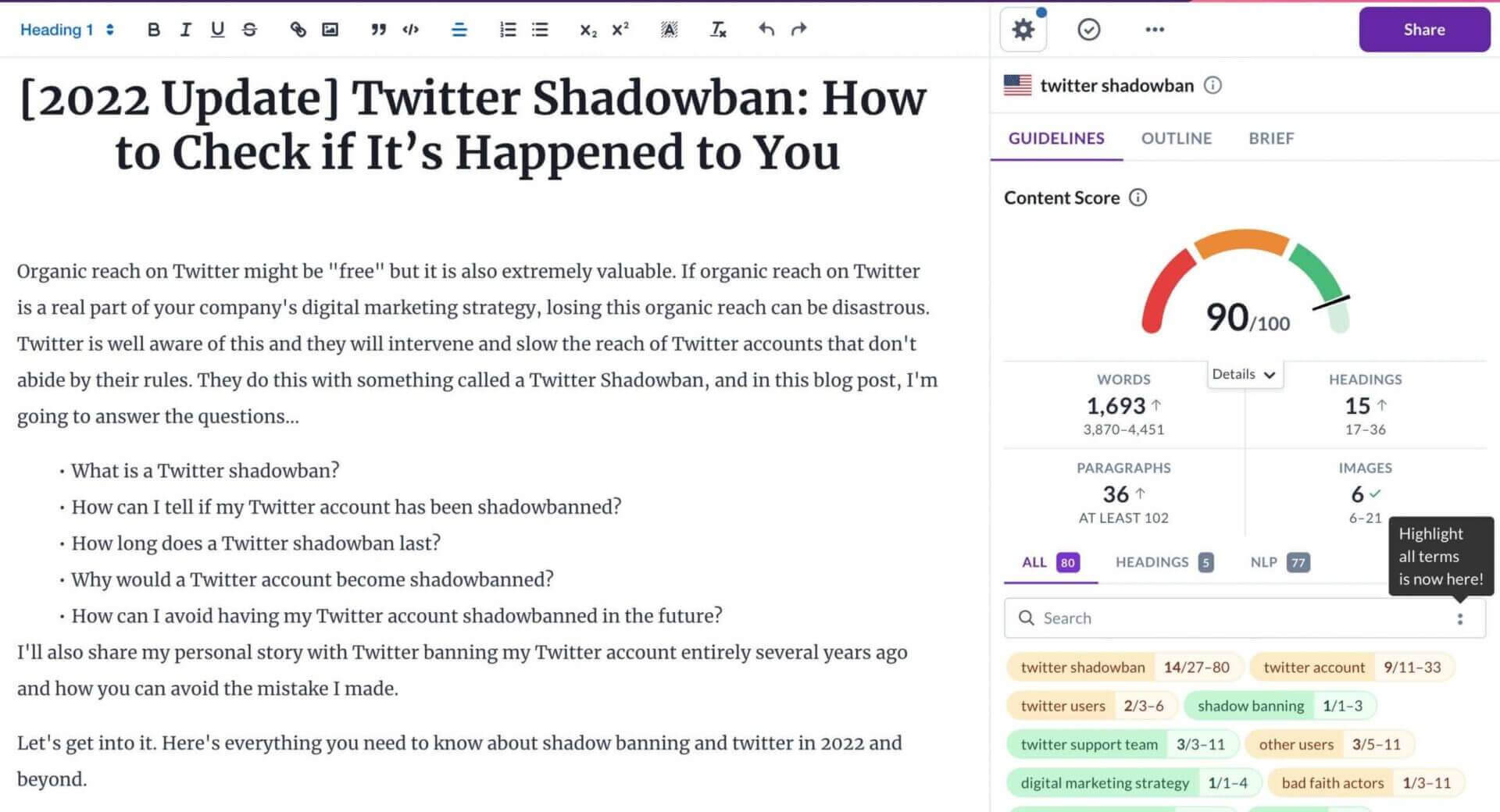Are you looking to create an online presence and share your knowledge, expertise, or passion with the world? Starting a blog page is a fantastic way to achieve that goal. With the right approach, you can establish yourself as an authority in your niche, connect with like-minded individuals, and even generate income through your blog.
Are you looking to create an online presence and share your knowledge, expertise, or passion with the world? Starting a blog page is a fantastic way to achieve that goal. It can help you establish yourself as an authority, connect with like-minded individuals, and even generate income.
Here are the key takeaways from the article:
- Share your knowledge and provide value to readers.
- Build your personal brand and establish credibility.
- Connect with like-minded individuals and build relationships.
- Boost your career or business by driving traffic and visibility.
- Choose the right blogging platform based on your needs.
- Design a visually appealing blog, create compelling content, promote it effectively, engage with your audience, and consider monetization options.
Take the leap and start your blog to make a positive impact and share your voice with the world!
Why starting a blog is a great idea
There are numerous reasons why starting a blog is a great idea.
Here are a few key benefits:
1. Share your knowledge: Blogging allows you to share your expertise, insights, and experiences with a global audience. It’s a platform where you can provide valuable information and solutions to readers who are looking for guidance or inspiration.
2. Build your personal brand: A blog is an excellent tool for establishing yourself as an authority in your field. It helps you establish your credibility, showcase your expertise, and build trust with your audience.
3. Connect with others: Blogging provides an opportunity to connect with like-minded individuals in your industry or niche. You can engage with your readers through comments, social media, and networking events, fostering a sense of community and building meaningful relationships.
4. Boost your career or business: Running a successful blog can open doors to new career opportunities, partnerships, and collaborations. It can also drive traffic to your business website, ultimately boosting your brand’s visibility and revenue.
Starting a blog page may seem daunting, but with the right mindset and a clear plan, you can create a platform that resonates with your target audience and brings you closer to achieving your goals.
Choosing a Blogging Platform
When starting a blog, one of the most crucial decisions you’ll need to make is choosing the right blogging platform. With so many options available, it can be overwhelming to determine which one is best for you.

Here are some key points to consider when making your choice:
Overview of popular blogging platforms
There are several popular blogging platforms to choose from, including WordPress, Blogger, Wix, and more. Each platform has its own features and limitations, so it’s important to understand what each one offers before making a decision.
WordPress: WordPress is the most popular and widely used blogging platform. It offers a wide range of customization options and plugins to enhance your blog’s functionality.
Blogger: Blogger is a free platform owned by Google. It’s easy to set up and use, making it a good option for beginners.
Wix: Wix is a website builder that also offers a blogging platform. It provides a user-friendly drag-and-drop interface and customizable blog templates.
Factors to consider when choosing a blogging platform
When choosing a blogging platform, consider factors such as cost, customization options, ease of use, and scalability. Determine your budget and whether you’re looking for a free or paid platform. Consider how much control you want over your blog’s design and functionality, and whether you’re comfortable with coding or prefer a more user-friendly interface. Additionally, think about your long-term goals for your blog and whether the platform can accommodate your future needs.
By carefully considering these factors and researching different platforms, you can make an informed decision and choose the best blogging platform for your needs.
Selecting a Domain Name and Web Hosting
When it comes to starting a blog, one of the first steps is selecting a domain name and web hosting. These decisions are crucial as they lay the foundation for your online presence. Here are some key points to consider:
Importance of choosing a catchy and memorable domain name
Your domain name is your online address, so it’s important to choose something that is catchy, memorable, and reflects the theme or niche of your blog. A good domain name can help you attract and retain visitors, improve search engine rankings, and establish your brand identity.
How to register a domain name
To register a domain name, you’ll need to choose a domain registrar. Popular options include GoDaddy, Bluehost, and Domain.com. Search for the availability of your desired domain name, finalize your choice, and complete the registration process. Be sure to provide accurate contact information and consider adding domain privacy for added security.
Different web hosting options and their features
There are various web hosting options available, including shared hosting, VPS hosting, dedicated hosting, and cloud hosting. Each option offers different levels of server resources, performance, and scalability. Consider your website’s needs, budget, and expected traffic when choosing the most suitable hosting option for your blog.
Overall, selecting a catchy domain name and reliable web hosting is essential for starting a successful blog. Take your time, do your research, and choose wisely to set yourself up for success in the blogosphere.
Designing Your Blog

When it comes to starting a blog, the design plays a crucial role in capturing and retaining the attention of your readers. Here are some key considerations for designing your blog.
Importance of a visually appealing blog design
Aesthetics matter in the blogging world. A visually appealing design creates a positive first impression and makes your blog stand out from the rest. The design elements, such as colors, fonts, and layout, should reflect your brand and resonate with your target audience.
Customizing your blog’s theme and layout
WordPress offers a wide range of customizable themes that allow you to create a unique look for your blog. Experiment with different themes until you find the one that aligns with your brand identity. In addition to themes, you can customize the layout of your blog with multiple columns, sidebars, and widgets.
Adding plugins and widgets to enhance functionality
Plugins and widgets offer additional functionality to your blog. Whether you want to showcase your social media feeds, add a contact form, or optimize your blog for search engines, plugins and widgets make it easy to enhance the user experience. Explore the vast repository of WordPress plugins to find the ones that suit your specific needs.
Remember, the design of your blog is an opportunity to create a memorable and enjoyable experience for your readers. Invest time in crafting a visually appealing design and customizing it to suit your brand and content.
Creating Compelling Content
When it comes to starting a blog page, one of the most crucial elements is creating compelling content. Your blog posts need to captivate your readers and provide them with valuable information. Here are some key points to keep in mind:
Writing engaging and informative content
To keep your readers coming back for more, it’s essential to write engaging and informative content. Start by understanding your target audience and their interests. Focus on topics that are relevant to them and provide insights, tips, or solutions to their problems. Make sure to use a conversational tone that connects with your readers and keeps them engaged throughout the post.
How to structure your blog posts (introduction, body, conclusion)
The structure of your blog posts is crucial for readability and comprehension. Start with a strong introduction that grabs your readers’ attention and clearly outlines what they can expect from the post. In the body of your post, break down your content into clear sections or paragraphs, each focusing on a specific point or subtopic. Use headings and bullet points to make your content skimmable and easy to navigate. Finally, wrap up your post with a concise conclusion that summarizes the main points and leaves your readers with a key takeaway or call to action.
Remember, the key to a successful blog page is consistently creating high-quality and engaging content. By focusing on your audience’s needs and structuring your posts effectively, you can attract and retain loyal readers. Happy blogging!
Promoting Your Blog

Once you’ve created your blog page and started publishing content, the next step is to promote your blog to drive traffic and increase visibility. Here are some strategies you can use to promote your blog effectively:
Social Media Promotion:
Share your blog posts on social media platforms like Facebook, Twitter, LinkedIn, and Instagram. Engage with your audience by asking questions and encouraging comments and shares.
Utilize relevant hashtags to reach a wider audience and increase your post’s visibility.
Join relevant social media groups and communities where you can share your blog posts and engage with like-minded individuals.
SEO (Search Engine Optimization):

Optimize your blog posts for search engines by using relevant keywords, meta tags, and optimizing your website’s structure.
Create quality content that provides value to your readers and encourages them to share and link to your blog posts. This can help improve your search engine rankings.
Guest Blogging:
Reach out to other popular blogs in your industry and offer to write guest posts. This can help you tap into their existing audience and drive traffic back to your blog.- Include a link to your blog in your bio or author profile when guest blogging.
Email Marketing:
Build an email list and send regular newsletters to your subscribers. Include links to your latest blog posts and encourage them to visit your blog for more valuable content.
Remember, the key to driving traffic to your blog is to consistently publish high-quality content, promote it effectively, and engage with your audience.
Engaging with Your Audience
When it comes to starting a blog page, one of the most crucial aspects is engaging with your audience. Building a community around your blog is key to its success. Here’s why:
Importance of building a community around your blog
Having a community of like-minded individuals who support and engage with your blog is essential. They are the ones who will celebrate your successes, offer valuable insights, and provide support during the lows. Here are a few reasons why building a community is important:
- Support and Encouragement: Blogging can be a rollercoaster ride, and having a community of other bloggers who understand the highs and lows can offer much-needed support and encouragement.
- Sharing Knowledge and Experiences: Other bloggers within your niche can share their tips, experiences, and insights, helping you hone your blogging skills and grow both personally and within your blog.
- Increased Exposure: Building relationships with other bloggers can lead to opportunities for guest posting and joint collaborations, exposing your blog to their followers and expanding your reach.
- Feedback and Validation: Engaging with your community allows you to receive valuable feedback and validation for your content. They can help you identify areas for improvement and provide constructive criticism.
Overall, building a community around your blog not only provides support but also helps create a sense of belonging and connection. It allows you to tap into the collective wisdom and experiences of other bloggers, leading to personal and professional growth. So, make an active effort to engage with your audience and build relationships within your niche to cultivate a thriving community around your blog.
Monetizing Your Blog
Starting a blog is an exciting venture, but have you ever considered monetizing your blog to make some extra income? There are several ways to monetize your blog, each with its own benefits and strategies. Here are a few popular methods to consider:
Display Advertising:
One of the most common ways to monetize a blog is through display advertising. You can sign up with ad networks like Google AdSense and place ads on your blog. When visitors click on these ads, you earn a small commission.
Sponsored Posts:
Another option is to write sponsored posts where you partner with brands to create content that promotes their products or services. Brands will pay you to feature their products or mention them in your blog posts.
Affiliate Marketing:
Affiliate marketing involves promoting products or services of other businesses on your blog. When your readers click on your affiliate links and make a purchase, you earn a commission.
Tips for Maximizing Your Blog’s Revenue Potential:
To maximize your blog’s earning potential, it’s essential to:
- Research your niche thoroughly to understand the competition and earning potential.
- Build a clear niche and focus on creating quality content that resonates with your readers.
- Understand the legal and ethical requirements of monetizing your blog, such as disclosing affiliate links and sponsored content.
- Continuously work on growing your blog traffic and engaging with your audience.
- Consider diversifying your income streams by exploring multiple monetization methods.
Remember, monetizing a blog takes time and effort, so be patient and consistent in your efforts. With the right strategies and dedication, you can turn your blog into a profitable venture.
Growing and Scaling Your Blog
Once you have set up your blog and started publishing content, it’s time to focus on growing and scaling your blog for maximum impact. Here are two key strategies to help you achieve this:
Setting goals and tracking your blog’s progress
To effectively grow your blog, it’s important to set goals and track your progress. Begin by determining what you want to achieve with your blog. Is it to increase website traffic, generate leads, or establish thought leadership in your industry? Once you have set clear goals, break them down into smaller, actionable tasks and set deadlines to keep yourself accountable. Regularly monitor your blog’s metrics such as page views, time spent on page, and conversion rates to track your progress. This will help you identify areas for improvement and make data-driven decisions to optimize your blog’s performance.
Strategies for increasing your blog’s reach and influence
To expand your blog’s reach and influence, consider implementing the following strategies:
- Create valuable and shareable content: Continuously produce high-quality content that is relevant and valuable to your target audience. Shareable content not only attracts more readers, but it also increases the chances of your content being shared by others, thus expanding your blog’s reach.
- Engage with your audience: Encourage reader interaction by responding to comments, asking questions, and conducting surveys or polls. Engaging with your audience not only strengthens the relationship but also encourages them to share your content with others.
- Collaborate with influencers and industry experts: Partnering with influencers and industry experts can help your blog gain credibility and reach a wider audience. Collaborate on guest blog posts, interviews, or joint projects to tap into their existing network and expand your reach.
- Utilize social media and email marketing: Promote your blog posts on social media platforms where your target audience is active. Additionally, build an email list to send regular updates and newsletters to your subscribers, driving traffic back to your blog.
By setting goals, tracking progress, and implementing these strategies, you can effectively grow and scale your blog to increase its reach and influence.
Conclusion
Starting a blog may seem overwhelming, but with the right mindset and approach, it is a rewarding and fulfilling endeavor. By following these key points, you can set yourself up for success and create a blog that resonates with your audience.
Encouragement and motivation for readers to start their own blogs
If you’ve been contemplating starting your own blog, now is the time to take the leap. Blogging allows you to share your unique perspective, connect with others, and make a positive impact. Don’t hesitate to share your experiences, knowledge, and passions with the world. Your voice matters and there are people out there who are eager to hear what you have to say.
Remember, starting a blog is a journey. It may take time to find your niche, build an audience, and establish your brand. Stay persistent, keep learning, and embrace the process. Every blog post you write and every reader you inspire is a step closer to achieving your goals.
So go ahead, start your blog, and embark on this exciting adventure. The world is waiting to hear from you!





